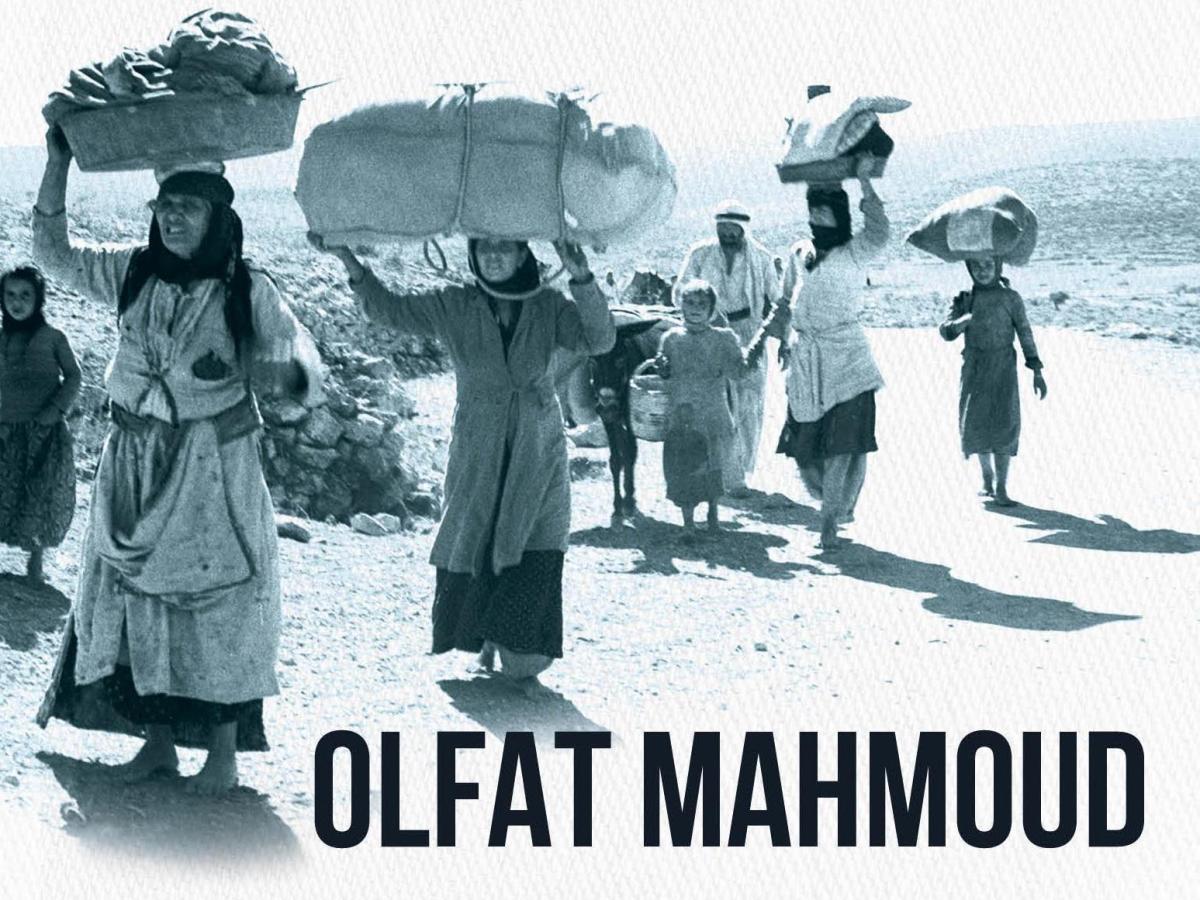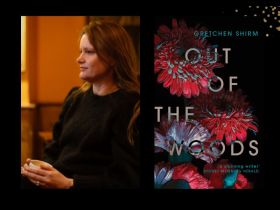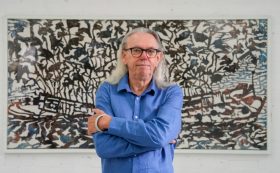Tarshiha was once a Palestinian village in which Muslims, Christians and Jews lived in peace with each other for centuries. In 1947, however, the United Nations determined that Palestine should be divided into two states, one for Arabs and one for Jews. In May 1948, the newly declared state of Israel began to intensify its campaign to occupy the land that it had been gifted in this manner. As Tarshiha was now part of Israel, their army occupied it, forcing the locals to flee and killing any who later sought to return. So it was that Olfat Mahmoud was born a stateless person in the refugee camp in Lebanon to which her extended family fled, deprived of their homes, their livelihoods and all but a few possessions.
That Olfat* has survived to tell her story is a miracle. That in spite of many obstacles she managed to get a good education says much about her strength of will and also of the help she received from her family who recognised the value of education for a girl. As a young woman, Olfat was unable to gain a place to train as a doctor so instead she became a nurse. As such she saved many lives, witnessed innumerable horrors and trained others to become nurses. She recounts many incidents of that period of her life.
Olfat tells us that her name means to care and love or cherish. She could hardly have been named more appropriately. Tears for Tarshiha is part autobiography, part history and part plea to recognise the dire predicament of stateless Palestinians living in Lebanon. These three themes are interwoven in Olfat’s story. For example, we learn she was with two school friends buying presents to mark the Lebanese National Teachers’ Day when war broke out. ‘One minute we were shopping and laughing, the next we were surrounded by [the] military … tanks roared along the major roads’. Olfat points out that this was the beginning of a 15-year civil war in Lebanon. During that period, Israel continued to refuse to withdraw from the Palestinian Occupied Territories. This left Olfat and her family, and many others, stranded and stateless in unsanitary and dangerously overcrowded refugee camps that were without any infrastructure.
Years later, during a lull in the bombing of their refugee camp, one of Olfat’s sons, Fayez, asked her, ‘Mum, what is infrastructure?’ His mother explained it was things like electricity, water, roads and bridges and that Israel was bombing these in retaliation for Hezbollah’s attempt to liberate occupied southern Lebanon. ‘Thank God we do not have any infrastructure,’ said Fayez. ‘It means they won’t bomb us tonight’.
The intermingling of the three themes of history, autobiography and advocacy means the reader learns about Olfat’s development and life, her marriage, her children, her travels, her self-development and her increasing influence on the world stage as a champion of the stateless Palestinians of Lebanon against the backdrop of local wars and massacres. These latter are well described although the reader would get a better understanding of these events if what caused them was explained more fully.
To this day, Olfat remains stateless as do her compatriots in Lebanon. But she has succeeded in making the world aware of their plight and has done much for refugees of all backgrounds. She is a person of remarkable achievements to which Tears for Tarshiha is a worthy addition.
(* Without disrespect and to avoid confusion, Olfat Mahmoud is referred to in this review by her given name as the name Mahmoud is used in Tears for Tarshiha to refer to her grandfather and also to her husband.)
Rating: 4 ½ stars ★★★★☆
With Helen McCue and Dani Cooper
Publisher: Wild Dingo Press
ISBN: 9780648066361
RRP: $29.95
Format: Paperback
Release Date: 01/08/2018





